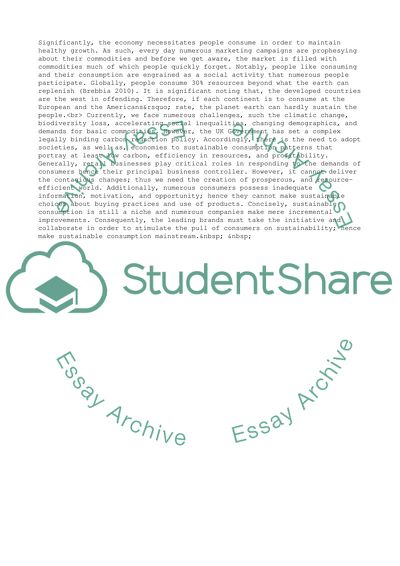Cite this document
(A Plan for Sustainability through Discussing Status and Providing Term Paper, n.d.)
A Plan for Sustainability through Discussing Status and Providing Term Paper. Retrieved from https://studentshare.org/management/1608165-sustainability
A Plan for Sustainability through Discussing Status and Providing Term Paper. Retrieved from https://studentshare.org/management/1608165-sustainability
(A Plan for Sustainability through Discussing Status and Providing Term Paper)
A Plan for Sustainability through Discussing Status and Providing Term Paper. https://studentshare.org/management/1608165-sustainability.
A Plan for Sustainability through Discussing Status and Providing Term Paper. https://studentshare.org/management/1608165-sustainability.
“A Plan for Sustainability through Discussing Status and Providing Term Paper”, n.d. https://studentshare.org/management/1608165-sustainability.


